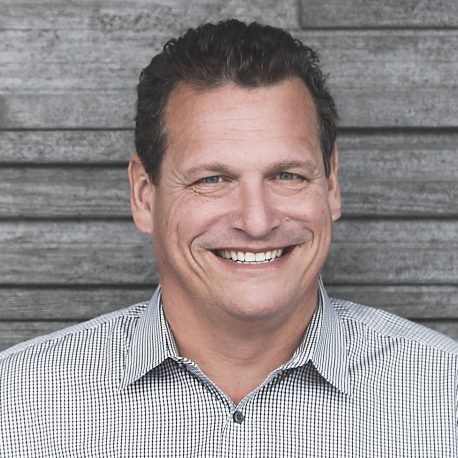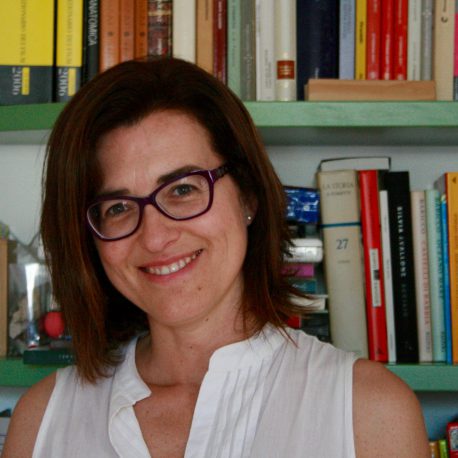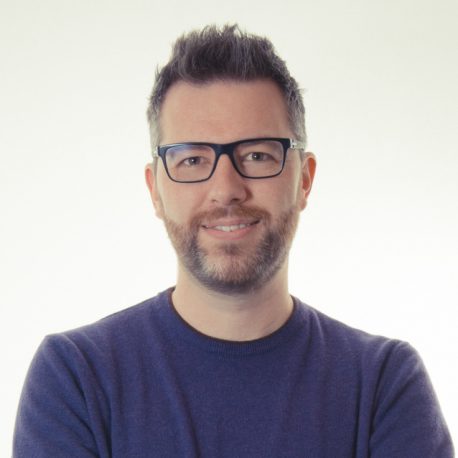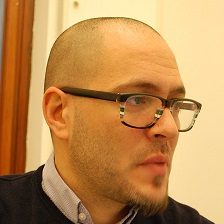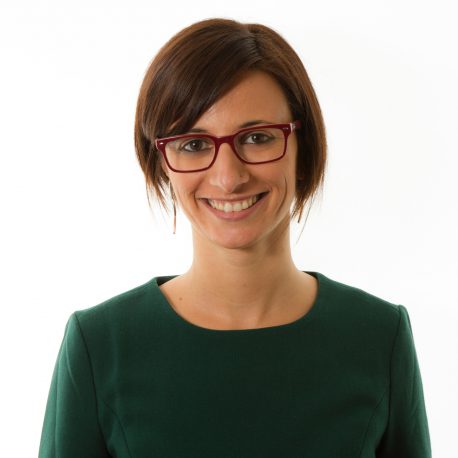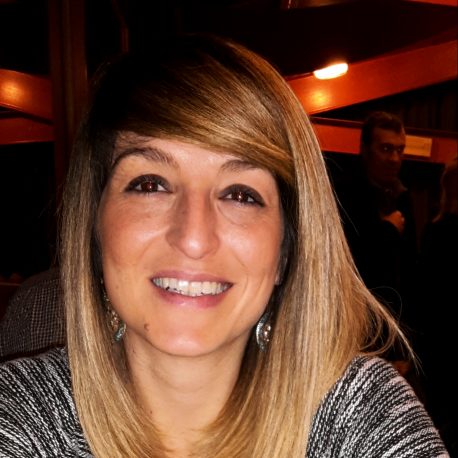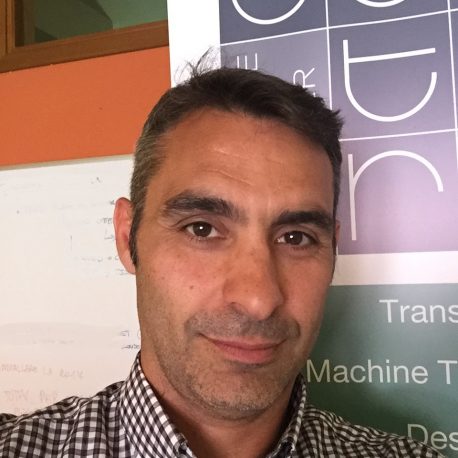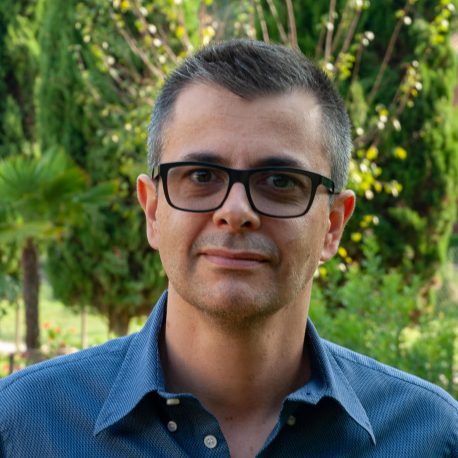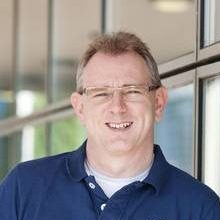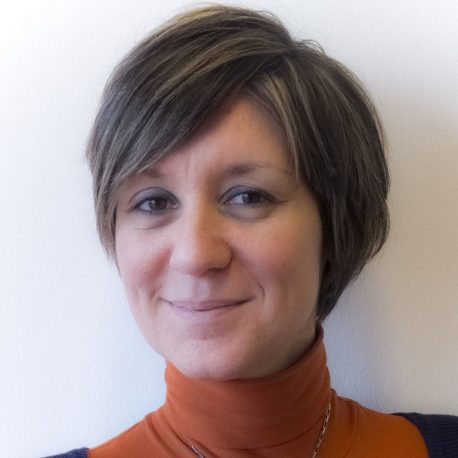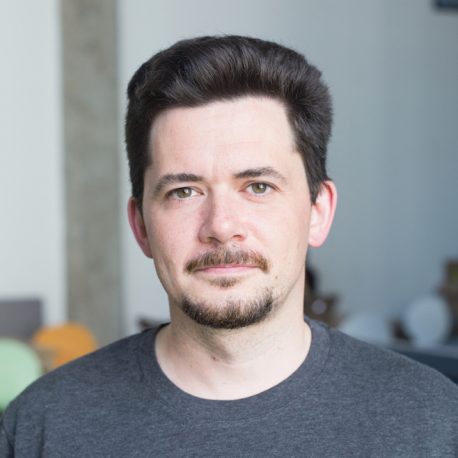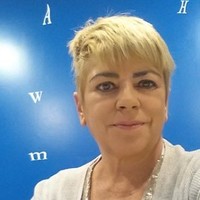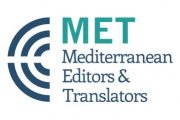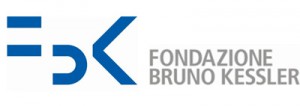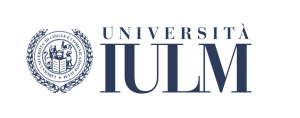
School of Advanced Technologies for Translators
Friday 14 and Saturday 15 September 2018 - Milano (Italy)
The school will teach on the first day the basics of state-of-the-art machine translation technology, as well as the relevant aspects related to its application to post-editing, from the educational, professional and industrial perspectives.
On the second day, parallel practical courses will be offered:
– CAT tools: SDL Trados Studio 2019 & MateCat
– Labs: Post-Editing & Terminology
Keep up to date with the latest trends
To translation students and professionals, language service providers, as well as teachers involved in translators’ training.
The aim of the school is to reduce the gap between professional translators and current/future trends in the translation industry, which include machine translation and post-editing technologies. Our long-term plan is to establish a yearly reference venue for translators and language service providers who want to be updated on the newest technologies and trends.
Speakers
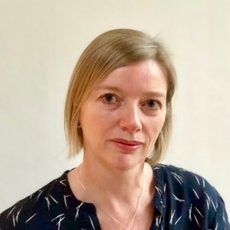
Sharon O’Brien
School of Applied Language and Intercultural Studies, ADAPT Centre, Dublin City University
Program
Translation technology and the translation industry
| Time | Session | Speaker(s) |
|---|---|---|
| 8:30 - 9:00 | Registration | |
| 9:00 - 9:10 | Welcome and presentation of the school | Luisa Bentivogli |
| 9:10 - 10:00 | Keynote lecture: Machine Translation and Future-Proofing the Training of Translators Translation is highly technologized and, consequently, we have been training translators in technology, including MT, for some time now - some institutions perhaps more than others. With developments in MT, there is an increasing demand for “skills” in MT and post-editing. This raises questions about what those skills entail, whether they are different to the regular skill set we assume belongs to “translation competence” and how we should teach those skills. It also raises questions about the ethics of training students for a job that is, according to some, inferior to translation and revision. This talk will address some of these key questions and concerns and will tackle the question of how we might future proof training for translators. | Sharon O’Brien |
| 10:00 - 10:40 | Lecture: Introduction to Machine Translation In this gentle introduction to machine translation, we will cover the basics of the phrase-based and neural machine translation approaches. In particular, for each approach we will present the underlying models, the overall architecture, the machine learning framework, and the inference methods. We will also discuss and compare the general properties and quality-cost trade offs of each approach, to point out their strengths and weaknesses as well as to suggest under which condition one approach would be preferable over the other. Finally, we will present a few recent advances in neural MT, to witness the relentless research effort going on worldwide in this field. | Marco Turchi |
| 10:40 - 11:10 | Coffee Break | |
| 11:10 - 11:35 | MT in use: KantanMT - Solving the Challenges of Building, Improving and Deploying Production-Ready MT Solutions KantanMT is a highly customised platform that helps organisations develop, improve and deploy Machine Translation solutions - rapidly. Tony, the Chief Architect and original developer of the KantanMT.com platform will demonstrate how to use KantanBuildAnalytics, an Interactive Development Environment (IDE) to rapidly develop production-ready solutions for both Statistical and Neural Machine Translation systems. | Tony O’Dowd |
| 11:35 - 12:00 | MT in use: Machine Translation for end users’ consumption - the case of patents at LexisNexis Univentio In the field of patents, Machine Translation is often used in its ‘raw’ form to support patent searchers in cross-language information retrieval tasks and in assessing the relevance of the search results to a specific search task. In a world where MT is the end product, what is the role of translators and linguists? How can they contribute, and which type of new skills are required in this scenario? In which other phases of patent prosecution are traditional translation skills (combined with a good knowledge of CAT tools and post-editing) still necessary? | Laura Rossi |
| 12:00 - 12.40 | Lecture: Evaluation of Machine Translation quality Evaluation of machine translation is crucial in order to understand the potential as well as the limitations of this technology to be used in the translation workflow. We will present both standard human evaluation methods (e.g. fluency and adequacy judgements) and state-of-the-art automatic evaluation metrics (AEMs), focusing on the role of human translators in evaluating MT output and in interpreting AEMs. | Luisa Bentivogli |
| 12:40 - 13:05 | Evaluation in use: Navigating the MT Engine Landscape with the Intento Evaluation Platform We will discuss the importance of evaluating pre-built and customizable MT engines towards different goals in Post-Edited Machine Translation (PEMT) and raw MT settings, as well as different approaches to those evaluations. We'll cover main pitfalls on the path to choose the right MT engine and possible workarounds. The primary focus is on reference-based assessment and how we run them at Intento. | Konstantin Savenkov |
| 13:05 - 14:15 | Lunch Break | |
| 14:15 - 14:30 | Group Picture | |
| 14:30 - 15:20 | Keynote Lecture: Overview of the translation technology landscape from an industry perspective The language industry changes rapidly because of technology. Translation buyers ask their suppliers to integrate with websites and content systems, adapt machine translation, subtitle or dub videos and help train multilingual chat bots. To win new customers and support existing ones in their digital transformation, LSPs need a better grasp on technology. The interpreting world sees a huge change as well with remote interpreting finally making an impact. New niches appear: webinar interpreting, massive audience interpreting at stadiums and e-sports events. This presentation will help you keep up with the most important changes in the industry brought about by technology. | Renato Beninatto |
| 15:20 - 15:50 | Coffee Break | |
| 15:50 - 17:20 | Panel: Translators and Translation Technology The aim of the panel is to share knowledge and experience about the current trends in the translation industry. Starting from the fact that translation companies are turning to machine translation to raise their translation productivity, the panel will foster an exchange of views between the main players in the translation world: translation companies, professional translators, and technology providers. A number of issues will be discussed, such as how translation companies see the translator’s profession, what are the technological skills required to translators, what translators do expect from technology and translation companies, how translators can best promote their machine translation and post-editing skills. Moderator: Renato BeninattoPanelists: Diego Cresceri, Tony O’Dowd, Laura Rossi, Paloma Valenciano | Renato Beninatto , Diego Cresceri , Tony O’Dowd , Laura Rossi , Paloma Valenciano |
| 17:20 - 17:30 | Wrap up and Conclusion | Luisa Bentivogli |
CAT Tool Courses
9:00 - 16:00
In parallel with Labs
| Time | Session | Speaker(s) |
|---|---|---|
| 9:00 - 10:30 | SDL Trados Studio 2019: getting started (course in Italian) In questa sessione vi prepareremo all'uso di SDL Trados Studio. Verrano presi in esame gli aspetti generali del software offrendo una panoramica esaustiva orientata alla traduzione di un documento. Translation Memory, TermBase e Machine Translation saranno i nostri compagni di viaggio scoprendo come un buon mix di queste tecnologie possa rendere facile l'approccio alla traduzione. | Luca Menozzi |
| 10:30 - 11:00 | Coffee Break | |
| 11:00 - 12:00 | Personalizziamo SDL Trados Studio 2019 Da quando SDL ha deciso di aprire le porte al codice di sviluppo, numerosi addetti ai lavori si sono messi in moto per sviluppare App e Plugin frutto di precise esigenze di lavoro. È per questo che le App ed i Plugin rivestono un ruolo così importante nel nostro processo di traduzione. Mostreremo una panoramica delle migliori App che vi permetteranno di tradurre meglio, aumentando la qualità del vostro lavoro diminuendone il tempo di lavorazione. Scoprirete come le App diventeranno presto le vostre migliori amiche! | Luca Menozzi |
| 12:00 - 13:15 | Lunch Break | |
| 13:15 - 14:45 | MateCat: getting started MateCat is a free, online translation platform. What makes it unique is how fast you translate with it and how easy it is to use. Nevertheless, there’s a number of features that are worth a more in-depth look. In this session, we’ll learn how to translate a document the fast way, going from project creation to translation in a couple of minutes. After that, we’ll dive into some of the most useful features of the tool, such as translation memory and glossary management, machine translation, automated tag management, dictation, segmentation and QA. | Alessandro Cattelan , Annalisa de Petra |
| 14:45 - 15:00 | Break | |
| 15:00 - 16:00 | MateCat: hands-on This session is all about you. We’ll revisit the key functionalities of MateCat by actually creating a project and translating some files. | Alessandro Cattelan , Annalisa de Petra |
Labs
9:00 - 16:00
In parallel with CAT courses
| Time | Session | Speaker(s) |
|---|---|---|
| 9:00 - 10:30 | Lab: Post-Editing in the age of Neural Machine Translation During this Lab we will carry out a post-editing exercise, aiming at: (i) presenting the main issues of Machine Translation, with a focus on the analysis of those typical translation errors made by neural MT vs. statistical MT, to show exactly what post-editors need to be paying special attention to for each scenario; (ii) highlighting similarities and differences between revising human translations and post-editing neural MT outputs; (iii) analyzing the most frequent issues performed during post-editing; (iv) providing some practical tips for post-editors. | Diego Cresceri |
| 10:30 - 11:00 | Coffee Break | |
| 11:00 - 12:00 | Lab: Post-Editing in the age of Neural Machine Translation In the second part of the Lab, attendees will be able to work on a real post-editing project and put into practice some of the key concepts learned during the first part. | Diego Cresceri |
| 12:00 - 13:15 | Lunch Break | |
| 13:15 - 14:45 | Lab: Terminology - extraction, management and integration into CAT tools The specialized lexicon used by experts belonging in different discourse communities is often disorderly. Inconsistent lexicon is an obstacle to clear and effective communication (written and oral) in monolingual and multilingual professional settings. The analysis, systematization and cataloguing of terminology aims at ensuring the correct transfer of information at the national and international level, especially in the translational context. In this session we will learn how to carry out an information mining and terminology search in a specialized domain. The workflow will be the following: (i) definition of the domain and of the working languages (ii) creation of comparable corpora (iii) extraction of multilingual terminology from corpora (iv) creation of glossaries and/or terminology databases compatible with CAT Tools (e.g. MateCat and SDL Trados Studio). | Claudia Lecci |
| 14:45 - 15:00 | Break | |
| 15:00 - 16:00 | Lab: Terminology - extraction, management and integration into CAT tools In this hands-on session we will create a glossary and a database respectively compatible with MateCat and SDL Trados Studio 2017. | Claudia Lecci |
About Milano

Milan (1,366,000 inhabitants), in Northern Italy, is the second-most populous city in Italy after Rome. The city is considered a leading alpha global city and its business district hosts Italy’s Stock Exchange . Milan has long been named fashion capital of the world and the world’s design capital, thanks to several international events and fairs, including Milan Fashion Week and the Milan Furniture Fair. It hosted the Universal Exposition in 1906 and 2015.
Milan is the destination of 8 million overseas visitors every year, attracted by its museums and art galleries that boast some of the most important collections in the world, including major works by Leonardo da Vinci. For further information about attractions in Milan and environs, visit the local tourist information center.
Travel information
Libera Università di Lingue e Comunicazione (IULM) - Facoltà di Interpretariato, Traduzione e Studi Linguistici e Culturali
Via Carlo Bo, 1
Milano (Italy)
